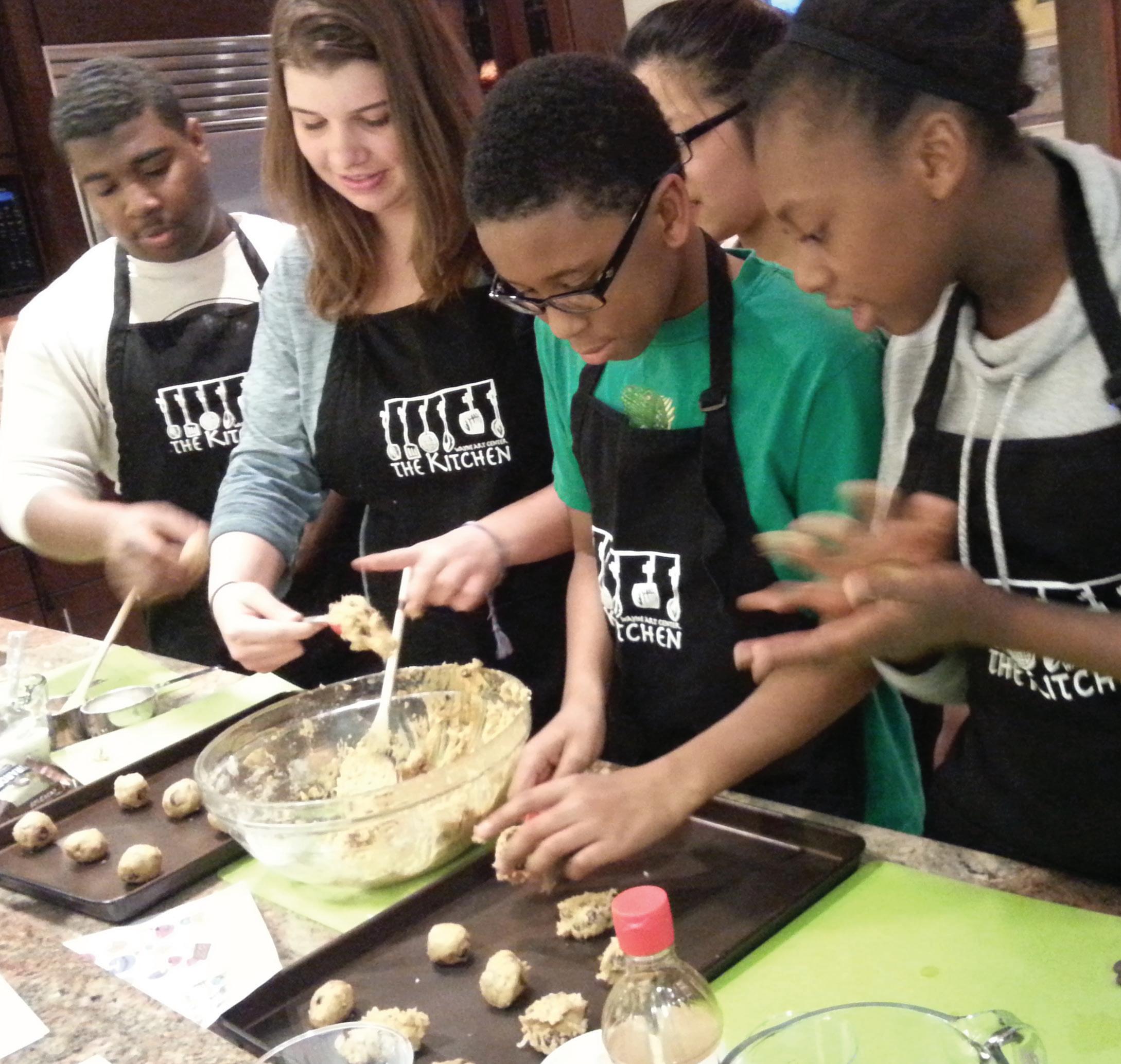The Future of Teen Reading Lounge In 2010, Teen Reading Lounge started out as a book club for avid readers who were regular visitors to the library. It has evolved into an impactful positive youth development program that can serve all youth - particularly those most at risk for being excluded. As researchers demonstrate the importance of social emotional learning skills (SEL) on the well-being of children and youth in K-12 classrooms, this research is being applied to OST programming. Books and conversation can be a catalyst for discovering the humanities and developing SEL skills among teens. As TRL grows and evolves, we see a powerful connection between the relationships that exist between SEL skills and the humanities - and the competencies being fostered by the program. Early in 2020, the Covid-19 pandemic necessitated a sharp pivot to online programming for TRL participants and unfounded challenges for youth professionals. The digital divide was a prominent aspect of inequity that resurfaced as a result of the pandemic. Considerable efforts were redirected to supporting frontline staff through additional professional development that focused on centering equity, low-tech/no-tech programming, and sustaining caring relationships. The monthly community of practice meetings have been a vital space for brainstorming, sharing, and adapting together, in addition to one-to-one check-in calls to support sites and learn about a re-envisioned TRL. Professional development remains a place for future growth and development. Our most recent round of evaluation data affirms the need to continue training and to work closely supporting site staff to ensure that youth are likely to have a welcoming participatory experience. This is particularly important because of the growing number f racially and ethnically diverse youth engaging in the program as well as the long-term effects of Covid-19 on family structures, access to education, and access to opportunities.
26












